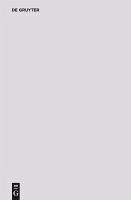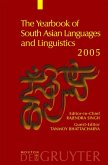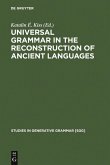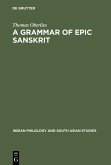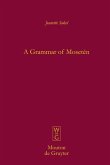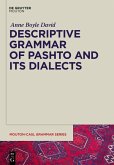How does a country find itself 'at war' over spelling? This book focuses on the linguistic history of a nation at the crossroads of Europe. Bermel explores the way various factors - including linguistic theory, cultural authority, political ideology in the communist and post-communist era, and a long tradition of language intervention - contributed in the late twentieth century to the formation of two diametrically opposing mindsets about Czech spelling and orthographic reform in general. The shifting power bases and strategies of the various players in the early 1990s receive a full treatment, as does the conscious and unconscious manipulation of metaphors about language and language planning in these struggles.
Dieser Download kann aus rechtlichen Gründen nur mit Rechnungsadresse in A, B, BG, CY, CZ, D, DK, EW, E, FIN, F, GR, HR, H, IRL, I, LT, L, LR, M, NL, PL, P, R, S, SLO, SK ausgeliefert werden.

